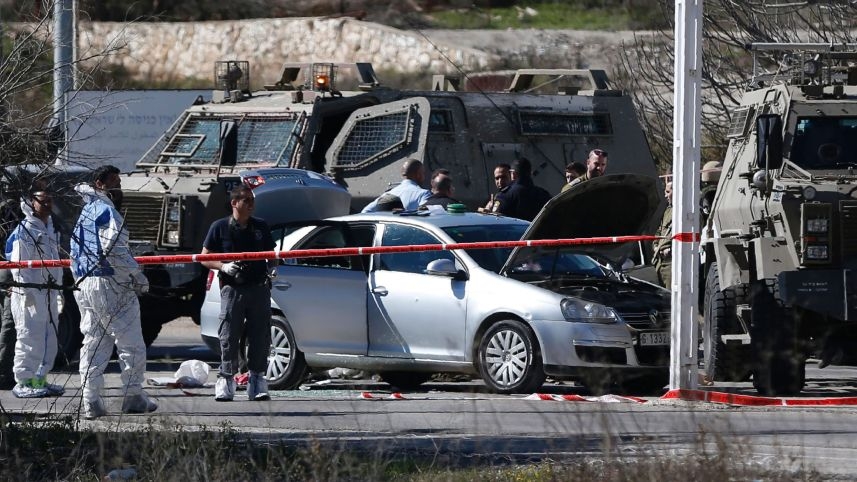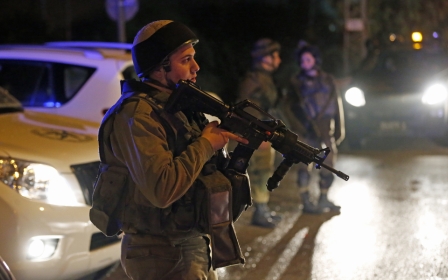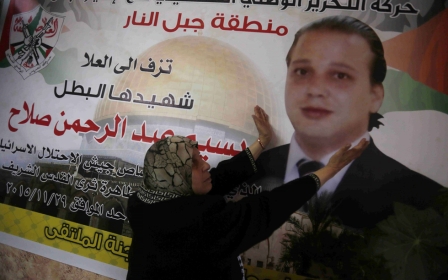Palestinian killed after wounding three Israelis in West Bank shooting

A Palestinian opened fire at a checkpoint near a Jewish settlement in the West Bank on Sunday, wounding three Israelis before being shot dead, Israeli officials said.
The Israeli army said the attack happened near the Beit El settlement, close to Ramallah. Israeli medics said two of the three wounded had serious injuries.
"A gunman opened fire near Beit El, north of Jerusalem," the Israeli military said in a statement. "Forces at the scene responded to the attack and shot the assailant, resulting in his death.
"Three Israelis were wounded and are being evacuated for emergency medical treatment in hospital."
An AFP journalist saw the body of the Palestinian man killed near the checkpoint. A silver car with Palestinian plates was next to the body.
The number plates suggested it belonged to the Palestinian government.
A Palestinian intelligence source said Israeli authorities had informed them that the man, Amjad Sukari Abu Omar, about 30 years old, worked as a bodyguard for the Palestinian attorney general's office.
The violence has killed 25 Israelis, as well as an American and an Eritrean, according to an AFP count.
At the same time, 160 Palestinians have been killed by Israeli forces, most while carrying out attacks but others during clashes and demonstrations.
Middle East Eye propose une couverture et une analyse indépendantes et incomparables du Moyen-Orient, de l’Afrique du Nord et d’autres régions du monde. Pour en savoir plus sur la reprise de ce contenu et les frais qui s’appliquent, veuillez remplir ce formulaire [en anglais]. Pour en savoir plus sur MEE, cliquez ici [en anglais].




